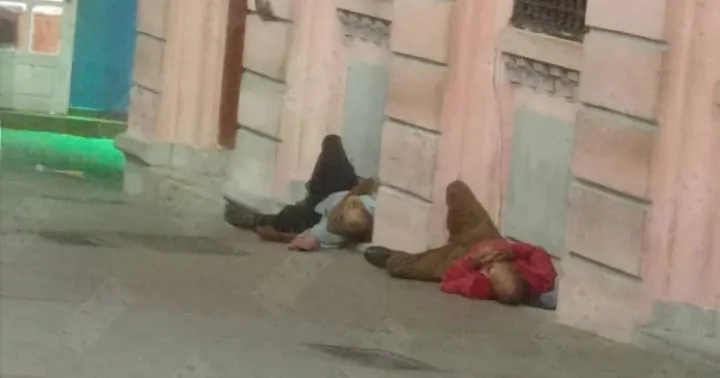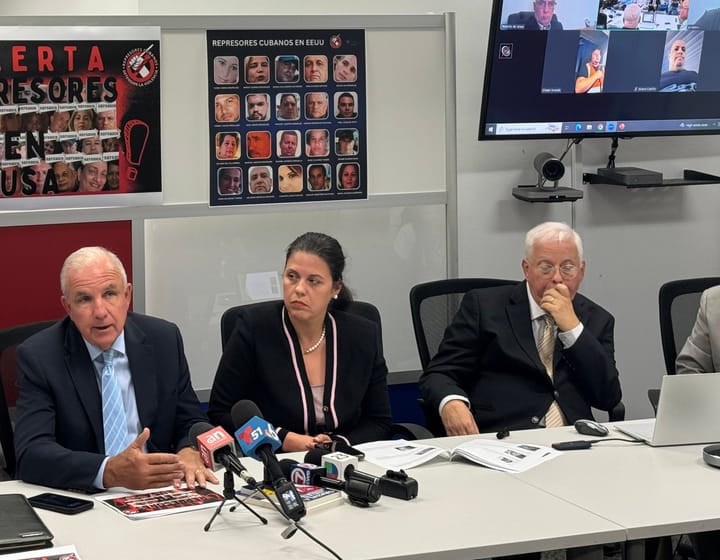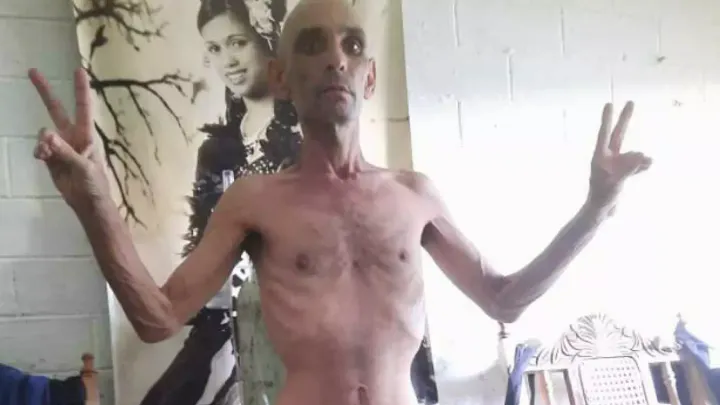The Government's big package 'is a direct attack on the Cuban family,' warns the independent trade unionism.
The Independent Trade Union Association of Cuba points out that the macroeconomic measures do not address 'the real causes of the existing crisis'.

The economic shock package that the Cuban regime will impose starting in 2024 on Cubans can be classified as “a direct attack on the Cuban family,” declared the Independent Trade Union Association of Cuba (ASIC), which issued a statement about the “macroeconomic stabilization” policy announced by the Government last week during the meeting of the National Assembly of People’s Power.
According to the organization that groups together the independent trade unionist movement of the Island, the announcements made by Prime Minister Manuel Marrero do not address “the real causes of the existing crisis in the country, nor do they define in concrete terms measures aimed at solving the problems of an economy sustained by political whims and not by economic laws.”
The statement warns that “the impudence of the regime and the elite that supports it” is palpable, as their measures make “the entire weight of the crisis fall on workers, entrepreneurs, and all citizens, and yet, ‘does not touch even with the petal of a rose’ the true ill of ills of Cuban society: the single-party regime and the bureaucracy that shelters it.”
“If greater money issuance generates more inflation, the ASIC does not see how the current design can take the country out of the deep crisis in which it finds itself. Moreover, the regime does not try, regardless of its words, to lift the country’s economy. For that, it should dismantle the GAESA monopolistic conglomerate, responsible for the island’s unproductivity,” it states.
For the organization, the Government “should stop believing that the socialist state enterprise will be the solution to its problems. If anything maintains the financial deficit, it is the state-owned businesses, most of them unprofitable. If it wants to get the country out of the crisis, it needs to listen to the citizen, union, and academic demands calling for broad freedom of internal and external investment.”
“The increase in electricity rates, fuel, and taxes only make the weight of the problem fall on the weakest in society, who will see their purchasing power, movement, and wealth accumulation diminished,” it insists.
ASIC warns that the announcements, “more than developing the nation, are aimed at controlling the financial flows in dollars that come to the country through remittances. It is a direct attack on the Cuban family. The sectorial dollarization of the economy only complicates the scenario further by maintaining several currencies in the wallet of the poor Cuban workers and entrepreneurs.”
The statement recalls that the increase in corruption of the Island’s state apparatus “has its genesis in the oversized bureaucracy and the partiality of justice towards the single party and its acolytes. Corruption is confronted with more freedom; where there is an impoverished and ambitious official deciding on a matter, there will be a space for corruption.”
“The regime must recognize that more state intervention and planning in the economy only means more bureaucracy, and at the same time more deadweight for the State and the nation. This burden will prevent us from getting out of the deep crisis in which our country finds itself.”
ASIC also pointed out the “corrupt labor relations supported by the ineffectiveness of the official Workers’ Central of Cuba (CTC), which actively participates in institutional abuse turned into a routine part of the single-party system. We strongly oppose the exploitative nature of slavery, present in the state production monopoly. Working for a dollar, or less, a day constitutes an ethically and morally unsustainable nonsense.”
“The Cuban people do not need more plans of justification, they need a solution to the problems generated by 64 years of political whims that have divided the Cuban family and turned the ten million Cubans into indigents,” it concludes.




Comments ()